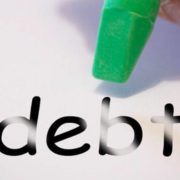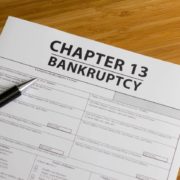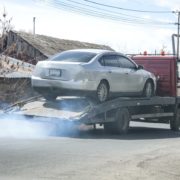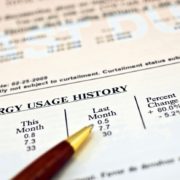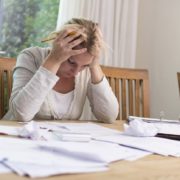Bankruptcy and Debt Consolidation in Wisconsin
Bankruptcy can have long-term effects on the financial prospects of individuals and families in our area. In many cases, working with a knowledgeable law firm to negotiate debt consolidation in Wisconsin can allow consumers to manage their debts more effectively.
Debt is a huge problem in our country. According to credit bureau Experian, consumer debt soared to $13 trillion in the last quarter of 2018. This represents a serious burden on residents of Wisconsin as well as those throughout the United States. While the Milwaukee Journal Sentinel reported in January 2019 that bankruptcy filings declined for the eighth consecutive year in 2018, farm bankruptcies are on the rise. About 49 farm families filed for bankruptcy in Wisconsin in 2018. That figure is more than double the number of farm bankruptcies in 2009. This increase in bankruptcies corresponds with a recent U.S. Department of Agriculture report that U.S. farm debt amounted to more than $309 million in 2018.
The Basics of Bankruptcy
All bankruptcy cases must be filed in federal courts and are governed by the U.S. Bankruptcy Code. Depending on where you live in Wisconsin, these cases go through the U.S. Bankruptcy Court of the Eastern District or the Western District of Wisconsin. Individuals can file for Chapter 7 or Chapter 13 bankruptcy. Chapter 7 bankruptcy allows for the discharge of debts while paying creditors through the sale of assets held by the debtor. For those who have some ability to repay their creditors, Chapter 13 allows the retention of most property while allowing more time to make payments.
Recent Changes to Federal Law
One case that established an important precedent for future bankruptcy cases was Lamar, Archer & Cofrin, LLP v. Appling, which was decided by the U.S. Supreme Court on June 4, 2018. The high court found that a false statement by a debtor about a single asset could make a debt nondischargeable. This is only true, however, if the false statement was made in writing.
Rule 3002(a) of the U.S. Bankruptcy Code was amended in 2017 to require secured creditors to file a proof of claim with the court before their claims can be allowed. A recent adjustment to Rule 3015 makes the determination of the amount and the priority of secured debts a binding determination. Finally, means testing will be used to determine whether debtors are eligible to file for Chapter 7 bankruptcy or whether they will be required to file for Chapter 13 bankruptcy plans instead.
Avoiding Bankruptcy
A Wisconsin legal team that specializes in Chapter 7 and Chapter 13 bankruptcy proceedings and debt consolidation can act as a partner in managing debts and reaching settlements with creditors. This can reduce the need for bankruptcy in some cases.
If you need help with managing debt consolidation in Wisconsin, Burr Law Office can provide you with practical solutions that suit your needs. We can negotiate with bill collectors and creditors to help you even the playing field and to achieve the best results for your situation. We can help you make the best possible decisions for yourself, your family and your future. Call us today at (262) 827-0375 to schedule a free bankruptcy evaluation. At Burr Law Office, we are here to help.

